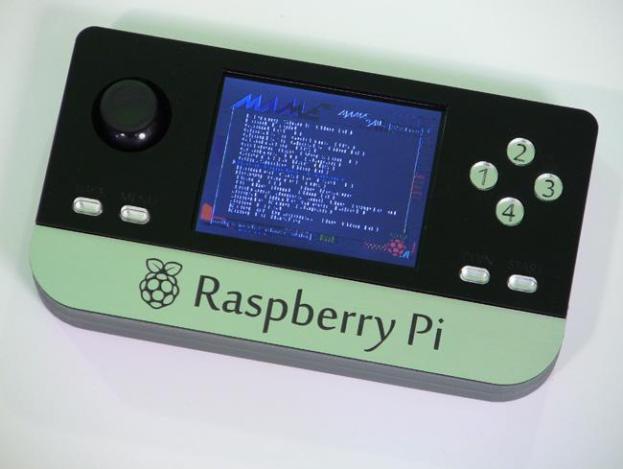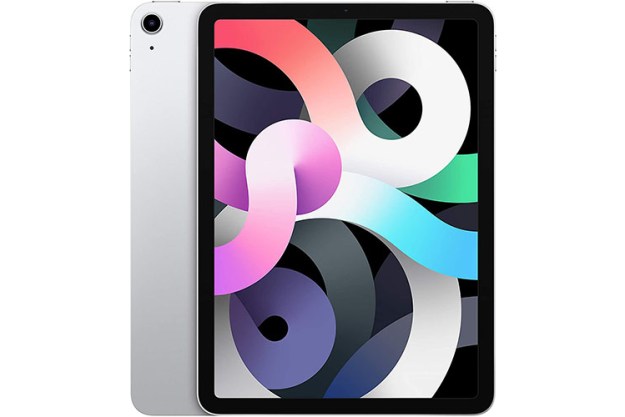
We usually only find out about cool Raspberry Pi projects after they’ve already been built. This time, we get to watch hacker extraordinaire Ben Heckendorn of The Ben Heck Show take us through the trials and tribulations of building a portable gaming console powered by the mini-computer.
Over the course of two 20-minutes episodes, Heckendorn shows us how to turn the 512MB Pi into a kick-ass, Linux-running portable computer that looks a bit like the GameBoy Advance. In Part One, he takes us along as he figures out how to combine the mini-computer that is the Raspberry Pi with a USB-powered Logitech gaming controller, as well as find a large enough battery pack to power both the Pi and an LCD screen that he pried from a backup camera from Amazon. He even maps the joystick controls to the Pi by using the Multiple Arcade Machine Emulator, so that Pi will understand all your button combos in addition to your keyboard strokes.
But that’s not all. Heckendorn actually takes each device apart to save the components he needs inside a handheld console. For example, he removes the Ethernet adapter from the Raspberry Pi, but keeps the rumble pack from the controller before soldering all the disparate parts back together. At the same time, he’s also thinking about the shape of the device depending on the location of the batteries and buttons. By the end of this episode, we can already see a rough sketch of this Pi-powered console taking shape, right down to the locations of the screws.
In Part Two, available next week, he will take this sketch as the base for creating a plastic mold for his device. As the teaser video suggests, he’ll be printing the case for his portable gamer with his very own 3D printer, so we’ll focus more on the physical design of the handheld rather than on just the components like with the first episode.
The first episode is already online (see below), with Episode Two airing on June 14. The show is giving away this hand-made project (pictured above) in a drawing to anyone who signs up at Newark element14, the online store for modding gear that also sponsors The Ben Heck Show.


